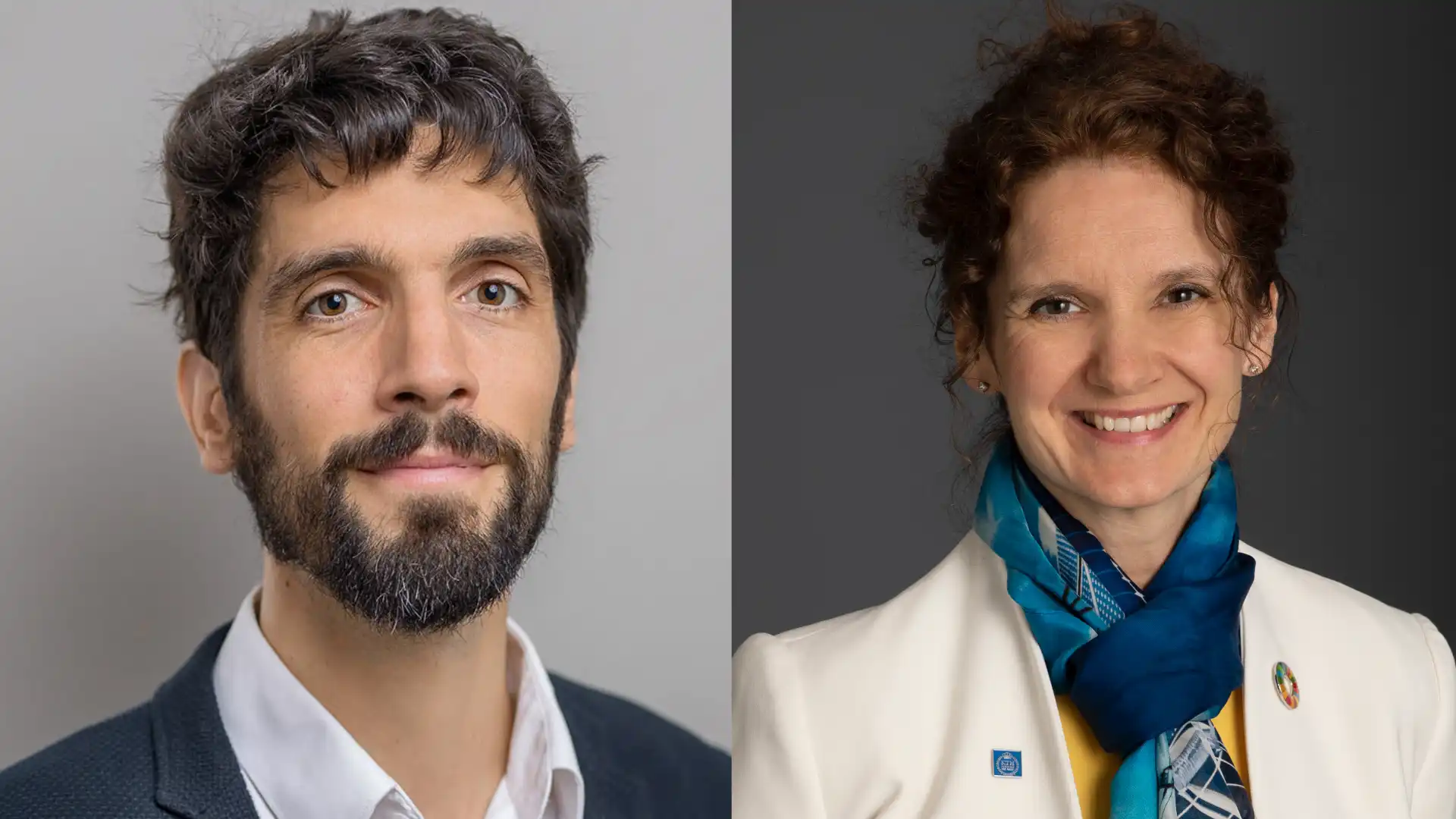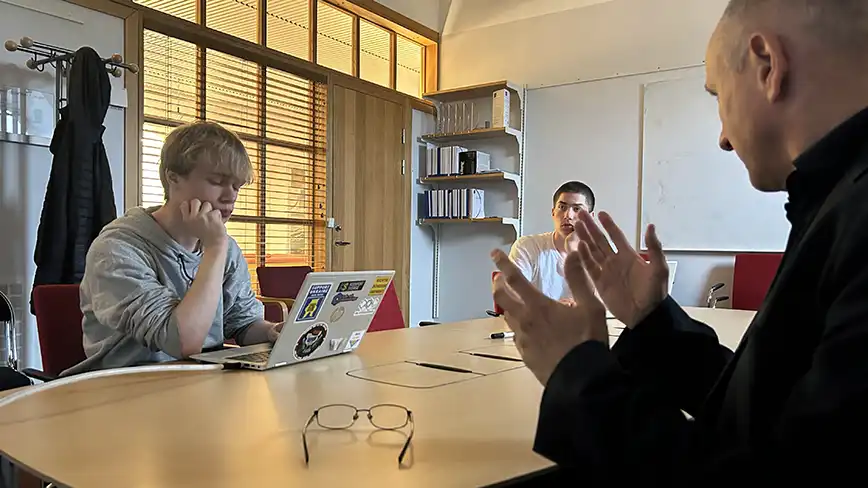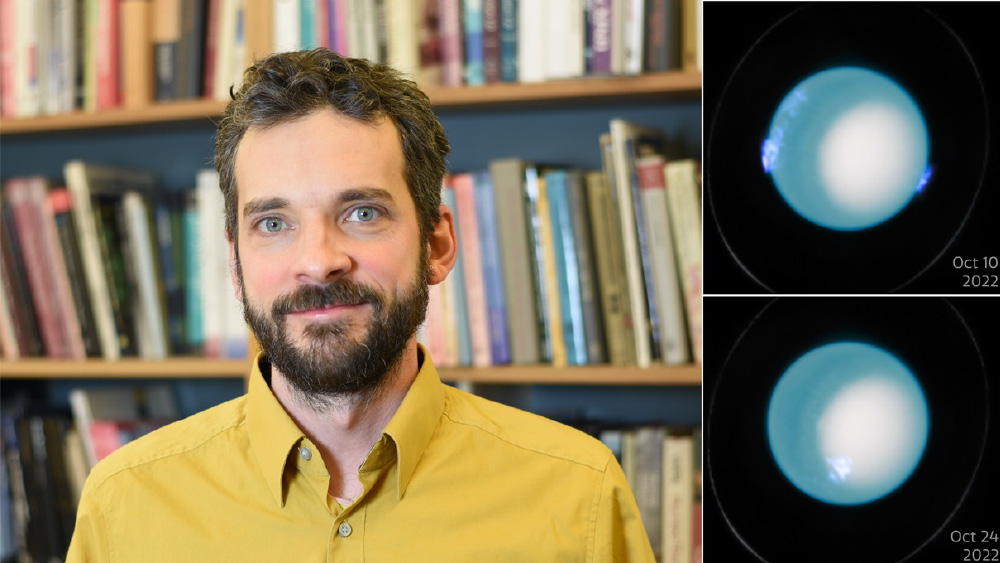Emil is KTH's first cybersecurity engineer

Following the completion of his master's thesis on behavioural biometrics, Emil Lantz is graduating as KTH's first cybersecurity engineer.
”It feels really good to finish,” he says.
After working for a few years in civil society, Emil Lantz came across the newly launched master's programme in cybersecurity at KTH . Before that, he had studied for a master's degree in ” Sociotechnical Systems Engineering” at Uppsala University and could transfer most of the credits.
”I realised I could apply the knowledge I already had and wanted to work with something that is of importance to society, so the knowledge was natural to use,” he says.
Now that he has completed his master's thesis, he is happy he took on the master's programme.
”The best thing is that there has been much freedom of choice with committed and good teachers. You can tailor your education to become as broad or specialised as you want," he says.
Interested in security
He wrote his thesis in behavioural biometrics on his own, looking at how to use machine learning to build a model that recognises how people type and use their mouse. This helps create a multi-factor authentication which can prevent hijacking.
”I have been very interested in security, which is incredibly important. Many people create simple passwords to be able to remember them, but then the risk of being exposed is also higher. If you can make extra security easier and more user-friend, people will use it”.
He has contacted KTH Innovation to explore opportunities to develop a concept that can be developed.
"The thesis was theoretical, so it would have been fun to do something practical, and I feel that you get excellent support from KTH Innovation," he says.
After graduation, Emil will take a few weeks off before starting to work for a software company focusing on application security.
Interest in the knowledge
”There is a great interest in the knowledge I have gained through the programme, and many different types of companies in all industries demand it. We also see how different attacks against companies are becoming more common, and I think many companies will invest time and money in this area”.
If you were to recommend one thing from the programme, what would it be?
”Take a course in language-based security. I think you should take it even if you are not interested in working with cyber security," he says.
Related news

KTH researchers awarded IEEE fellow
Lina Bertling Tjernberg, Professor in Electrical Power Systems, and Martin Monperrus, Professor in Software Engineering, have been elevated as IEEE Fellows Class 2026. Both are with KTH and School at ...
Read the article
High school students taught by professor at EECS
Three years ago, Dilian Gurov, professor of computer science, began teaching a group of secondary school students at the German School. Twice a month, the students visit KTH, where Dilian teaches theo...
Read the article
Aurorae reveal Uranus’s true rotation – with unmatched precision
After more than a decade of observations using the Hubble Space Telescope, researchers have measured Uranus’s rotation period with unprecedented accuracy – using the planet’s own aurorae as a cosmic c...
Read the article